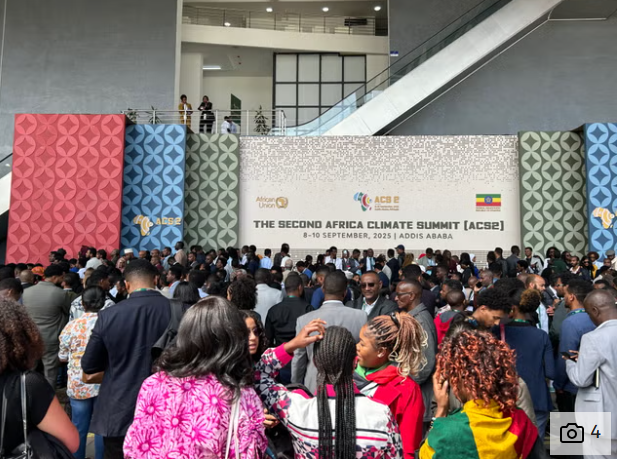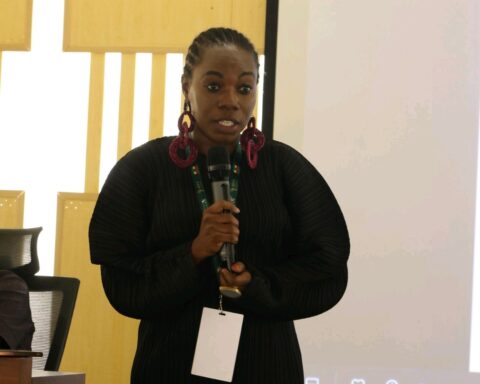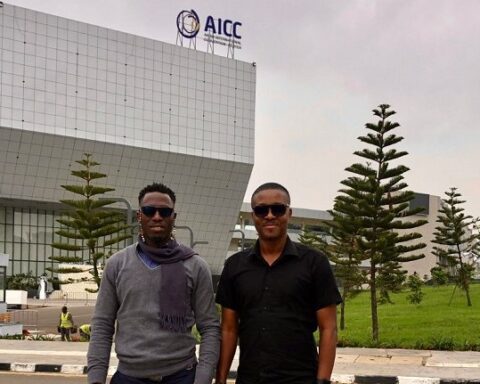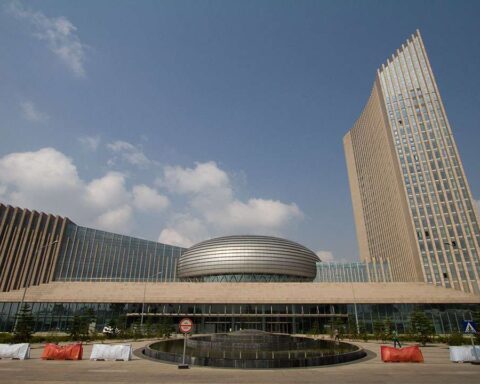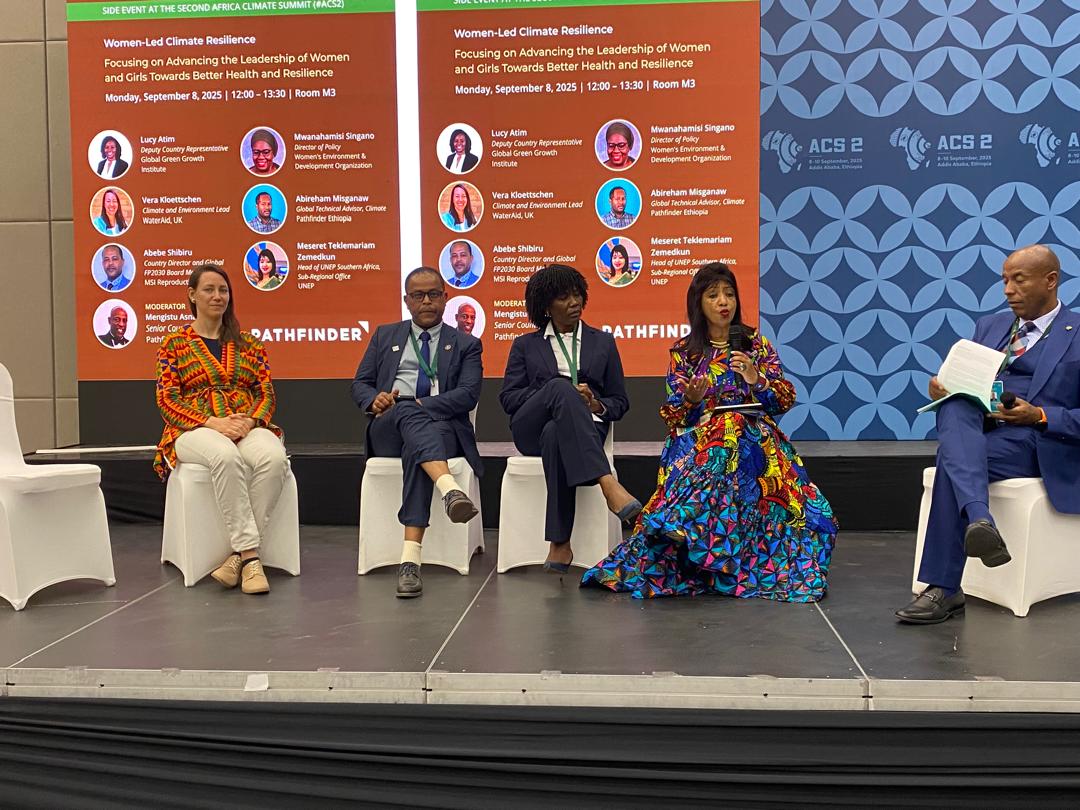The Second Africa Climate Summit (ACS2) has concluded in Addis Ababa, with strong calls from civil society, faith leaders, and policy advocates for a just and people-centered transition, as Africa prepares for COP30 in Belém, Brazil.
The summit, which brought together governments, business leaders, and grassroots movements, centered on the urgent need for climate justice, equitable financing, and a transition away from fossil fuels that does not repeat the exploitative mistakes of the past.
African Voices;
“The Church must lead this charge.”
For Mwenya Chitambala of the Laudato Si Movement, the Church remains central in mobilizing communities for climate action.
“In Africa, the Church is more than just a place of worship; it is the heartbeat of the community,” she said.
“A truly just and equitable transition away from fossil fuels cannot be a top-down mandate. It must be a grassroots movement, born within our churches, where the voices of the most vulnerable are heard.”
“Loans will not solve Africa’s crisis.”
Rajneesh Bhuee of Recourse in Kenya warned against debt-driven climate solutions.
“We cannot solve a crisis we did not cause with loans that deepen debt,” he said.
“The continent needs grant-based climate finance that powers resilience, renewables, and a just transition. Multilateral development banks must stop financing fossil fuels and false solutions, including gas, and put women, youth, and marginalized communities at the center.”
Finance without fairness is fragile
Dean Bhekumuzi Bhebhe of Power Shift Africa emphasized that Africa’s transition must be built on dignity and distributive justice.
“With the right investments, fair debt solutions, good governance, and political will, we can leapfrog into renewable-powered industrialization that serves our people. But finance without fairness is fragile,” he cautioned.
Carbon markets under fire
Civil society voices like Dr. Mfoniso Xael of Health of Mother Earth Foundation rejected carbon markets as “false solutions.”
“They obscure the real crisis: a system built on exploitation, colonial extractivism, and false accountability. Justice for Mother Earth must be community-driven, not shackled to the commodification of nature,” she said.
Minerals and green industrialisation
A key highlight of ACS2 was the recognition of Africa’s mineral wealth in the official declaration.
“For the first time, minerals are recognized in a climate declaration of African leaders,” said Nafi Quarshie of the Natural Resource Governance Institute. “But recognition alone is not enough. Without strong governance, the mineral boom could repeat the mistakes of the past. African leaders must embed minerals into their COP30 priorities so they create jobs and fuel green industrialisation rather than new sacrifice zones.”
Forests, fairness, and accountability
Campaigners also pressed for deeper reforms in climate finance and taxation.
Amos Wemanya of Greenpeace Africa welcomed the recognition of forests but expressed disappointment that Africa’s declaration did not restate its position on taxing polluters.
“A just transition is not only about renewable energy; it is about fairness. Africa cannot finance its climate future by leaving the root causes of injustice unchallenged,” he said.
Shaping Africa’s path to COP30
Speakers across the summit insisted that Africa must move beyond declarations to delivery.
“The ACS2 is more than just a gathering; it is a defining moment for Africa to demand climate justice and equitable finance,” said CAN Africa’s Baboucarr Nyang.
From Addis to Belém, the consensus is clear: Africa will not remain on the margins of global climate debates. The continent’s voice is rising united in calling for justice, equity, and a renewable-powered future built on African priorities.
By Dare Akogun, Addis Ababa.


